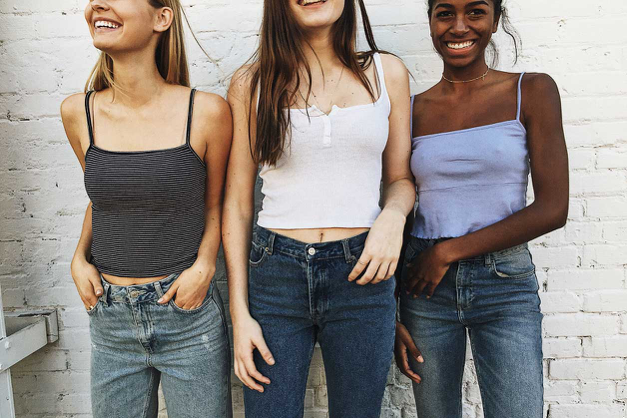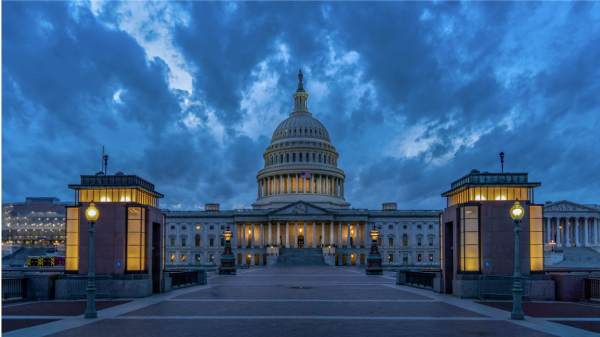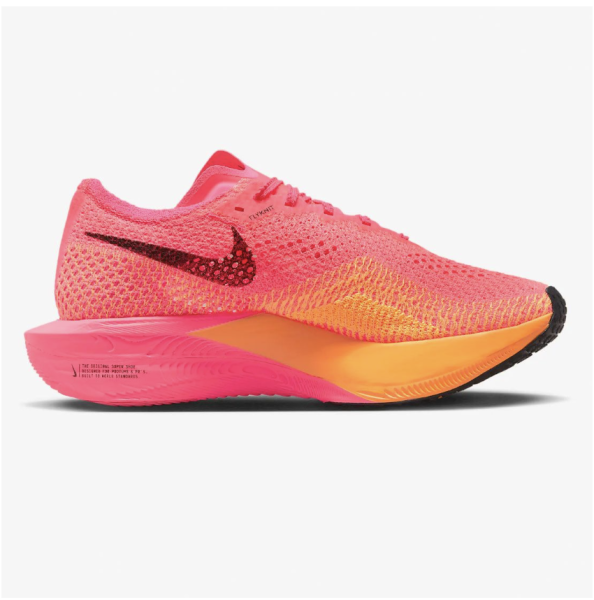Brandy Melville is the Corporate Manifestation of a Mean Girl
Photo courtesy Photo Courtesy of the Medallion
Brandy Melville has its finger on the pulse of the average teenage girl. The clothing brand, notorious for its ‘one size fits all’ policy, is the corporate manifestation of a mean girl. As society and size ranges shift to a more inclusive mindset, one would think that Brandy Melville is outdated. However, the company only seems to profit.
Walking into a store, a picturesque chaos awaits. With floor to ceiling shelves covered in tiny tank tops and kids size skirts, young girls and bored boyfriends litter the wood floors under cascading fairy lights. Looking at a tag, the only information about the product is the bold, cold letters: One Size. The appeal in Brandy Melville’s clothes is their exclusivity. Their designs are based on both thrifted and vintage items, and often you can find a double in a cheaper store–however, fitting into Brandy Melville clothes is like getting a season pass to an exclusive club. While most companies gain status through high prices, Brandy Melville’s business model monopolizes on size. The company, privately owned by a father-son duo, has managed to build an empire out of teenage insecurity for almost five decades. One could even say that their clothing confirms the “not enough” mindset. To an insecure young girl, fitting into a toddler sized shirt could be the difference between confidence and self-consciousness.
A job interview for Brandy Melville consists of three steps: Give your Instagram, get a look up and down, and snap a picture of your outfit. The hiring process is based solely on appearance and status, for their employees double as sales associates and “in-store models.” A quick look through the brand’s Instagram tells consumers who their clothes are for; or rather, who has the privilege of wearing them. In their last 50 posts, only eight models were women of color, and all eight were of Asian descent. The last time a black model was featured was on March 19, 2019 (as of Aug 14, 2019). Every single model is the same–tall, long legged, and skinny. Not only does this reinforce Euro-centric beauty ideals, but it actively contradicts a rapidly changing fashion world. Inside the stores, not much is different. The employees are often young and distracted, with several accounts of customers who were asked, for example, if they were sure a piece of clothing fit them while checking out. At a store in Glendale’s Americana, the youngest employee is 14. In addition, the corporation offers little information on itself or its principles. Nothing can be found about Bob John, the elusive CEO. The clothes, manufactured in the USA, China, and Italy raise questions about their ethics and environmental contributions. Brandy Melville, even with its poor management and mystery, brought in $125 million in 2017 alone, with Financial Times estimating a growth rate of 25-30% per year (Ellison).
The ideas of the modern fashion world are inclusive, diverse, and public. With brands like Reformation, who publicize their environmental impact, profits, and company missions, corporations are moving towards a friendly philosophy that welcomes people of different shapes, sizes, and colors. Among this culture, how long will Brandy Melville’s golden age last? Does their appeal reflect a vintage clothing-obsessed generation? Our era is one of the first to embrace differences in the fashion world, as opposed to striving for one ideal. Although we are all guilty of wearing their clothes, Brandy Melville’s outdated structure contradicts society’s shifted mindset and does more harm than good. Consider your power as a consumer, and perhaps skip Brandy Melville next time you shop.







